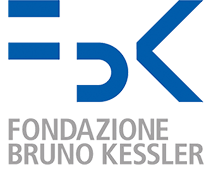Details about funded positions – 41st Cycle – Curriculum 3: Planetary Science
(3C) Artificial intelligence methodologies for the analysis of planetary radar sounder data
Funding institution: University of Trento
Doctoral site: University of Trento
Contact: Lorenzo Bruzzone [lorenzo.bruzzone@unitn.it]
Funds: Project Funds (ASI Missione JUICE Bruzzone)
Mobility abroad: compulsory, minimum 6 months.
Periods in companies/research centres/public administrations: optional
The JUpiter ICy moons Explorer (JUICE) is the first mission directed in the outer part of the Solar system completely developed by the European Space Agency). It was launched in April 2023 toward the Jupiter system (see https://sci.esa.int/web/juice for more details on the mission). Some of the most challenging science objectives of this mission are related to the analysis of sub-surface processes in the Jupiter icy moons Europa, Ganymede and Callisto. These are of crucial importance for the possible detection of water in the subsurface that would support hypothesis on the presence of life.
The research activities of this grant are related to the Radar for Icy Moon Exploration (RIME), which is the instrument on JUICE that will explore the subsurface of the icy moons. The activity will be focused on the development of methodologies for the processing and the automatic analysis of RIME data. Special emphasis will be given to methodologies that exploit the most recent developments in the framework of machine learning and artificial intelligence. The methodologies will be developed to be applicable also to other radar data from different missions.
Research will be developed at the University of Trento, Department of Information Engineering and Computer Science, Remote Sensing Laboratory (https://rslab.disi.unitn.it/).



